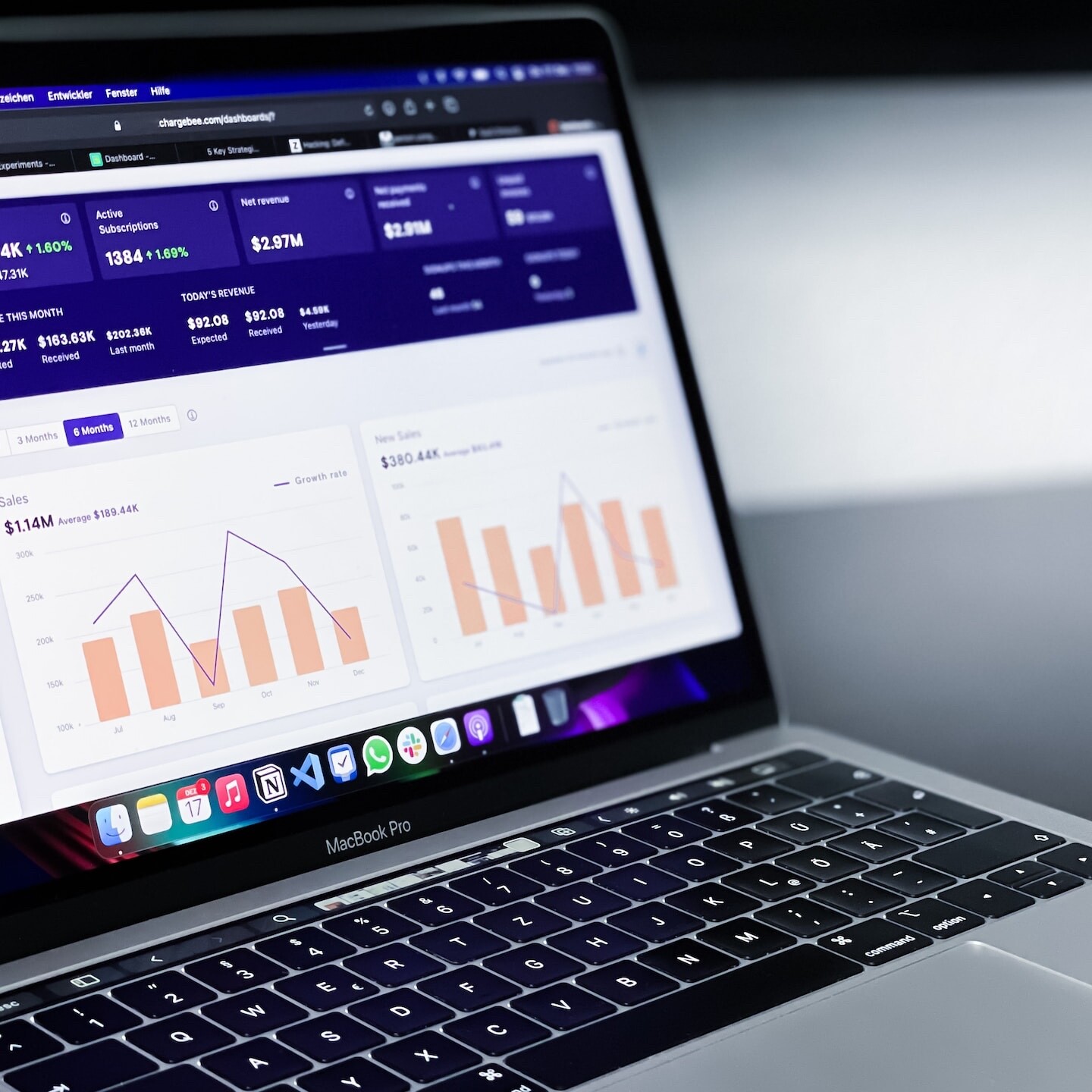Is PageRank Still Relevant for SEO?
PageRank is still a fundamental part of Google’s search algorithm, but it is no longer the sole or dominant factor in determining search rankings. Over the years, Google has evolved and refined its algorithm to incorporate many other signals, such as content relevance, mobile-friendliness, site speed, and user engagement metrics, among others.
While the original PageRank algorithm was an important innovation that helped Google deliver more relevant search results, the company has continued to update and improve its ranking algorithm to stay ahead of web spam and deliver the best possible search experience. Today’s search algorithms are much more complex and sophisticated than the original PageRank, but the core idea of using links to measure the importance of web pages still plays a role in modern search engines.
Google does not directly provide PageRank scores for websites to the public anymore. In the past, Google used to display PageRank scores in its Google Toolbar, but it discontinued this feature in 2016. Since then, PageRank values have not been openly accessible, and Google has urged webmasters to focus on creating high-quality content instead of obsessing over PageRank scores.
However, you can still estimate the importance or authority of a website using various third-party SEO tools. These tools often provide their own metric (such as Domain Authority or Domain Rating) as a rough approximation of a website’s overall “authority” or “importance,” which can be somewhat similar to the original concept of PageRank. Some popular SEO tools include:
- Moz (Domain Authority): https://moz.com/
- Ahrefs (Domain Rating): https://ahrefs.com/
- SEMrush (Authority Score): https://www.semrush.com/
Keep in mind that these metrics are not the same as Google’s PageRank and are only approximations based on the data available to these third-party tools. They can be useful for getting a general sense of a website’s authority or comparing websites but should not be treated as definitive indicators of a site’s search engine ranking potential.
Understanding the Origins and Evolution of Google’s Revolutionary Algorithm
PageRank is a link analysis algorithm developed by Google’s co-founders, Larry Page and Sergey Brin, while they were studying at Stanford University in the late 1990s. The algorithm quantifies the importance of web pages by analyzing the number and quality of incoming links. The underlying assumption is that a link from one page to another can be seen as a “vote” for the destination page, with pages receiving more votes from reputable sources deemed more significant. This innovation allowed Google to deliver more relevant and reliable search results, which was a major breakthrough in the search engine landscape at the time.
The name “PageRank” is derived from Larry Page’s last name, but it also refers to the idea of ranking web pages based on their importance. When Google was first launched, PageRank played a critical role in determining search rankings. The algorithm calculated a numerical score for each web page, with higher scores indicating greater importance. PageRank scores were calculated iteratively, with each round of computation refining the scores based on the quality of incoming links. This novel approach to search engine ranking contributed significantly to Google’s early success and remains a fundamental part of its search algorithm today, albeit with many modifications and improvements.
Related Articles
The Future of User Experience
March 18, 2023



